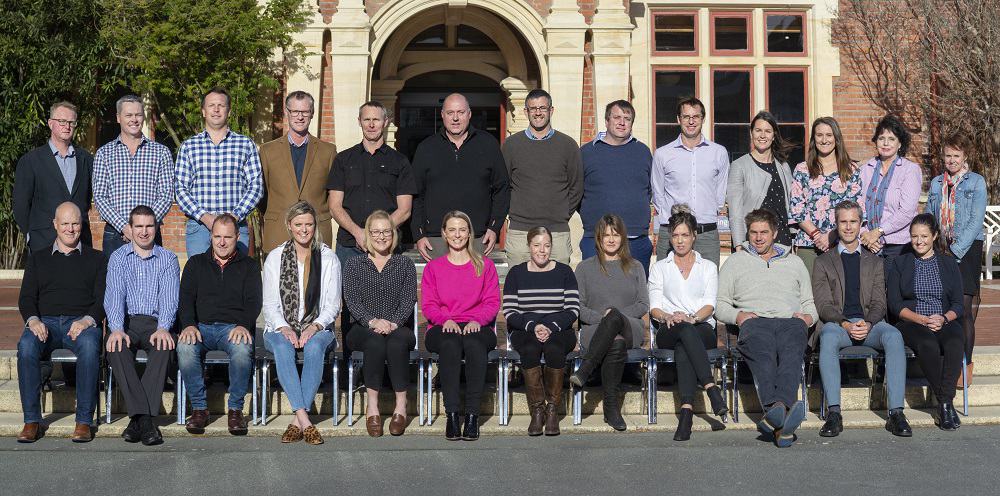

Boardroom to break-fence: pursuing a rural professional career while concurrently having a farming business interest.
Executive Summary The New Zealand primary industry is facing significant change, in particular, pressures around environment, finance, biosecurity and changes to consumer behaviour. The leadership and skills of our rural professionals will be a key component to the success of our primary industry in this changing and challenging environment. For agribusiness organisations to remain relevant
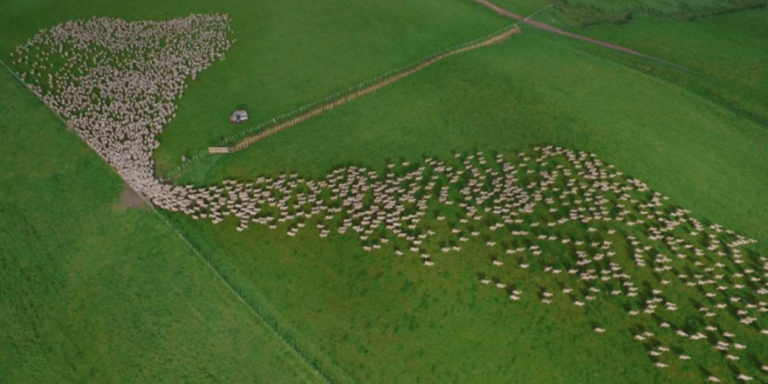
Breeder finisher collaboration.
Executive Summary Increasingly consumers want to know where their food has come from and how it has been produced. Confidence in food safety, animal welfare, and environmental practices is paramount. High value market opportunities requiring a clear and traceable provenance story linked back to the birth of an animal, are developing quickly. Livestock in New
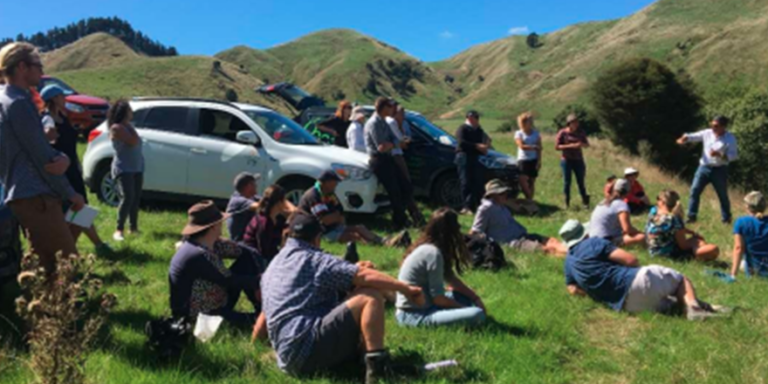
Do current extension methods cater for farmers with dyslexia?
With increasing compliance and environmental changes being introduced and demands on farmers increasing, we will see some dyslexic farmers despairing and wondering how they will cope with the increase in paperwork which they already struggle with. Dyslexia is the new stigma in the agricultural sector which needs to be broken.
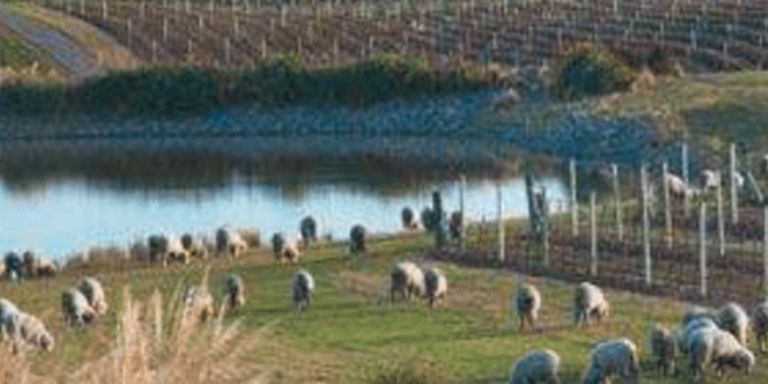
Economic Complexity and the New Zealand Wine Industry. Implications for Government Policy in the Primary Sector
Executive Summary New Zealand’s (NZ) primary sectoris facing uncertainty from all angles. Brexit and the USA/China tradewar has thrown our primary sector exports in the air and we don’t know where they’ll land. Climatechange, sustainability and natural resource management ask serious questions of the sector’sperformance and its adaptability. Changing consumer preferences along with a rise

Farmer Storytelling: Navigating our narrative.
Executive Summary The Primary Industries have long been described as the economic backbone of New Zealand, with farming businesses being a way of life since before anyone can remember. Not too long ago, many of the city dwelling population had an Uncle and Aunt, or Grandparents, or family friends on a farm, that provided that
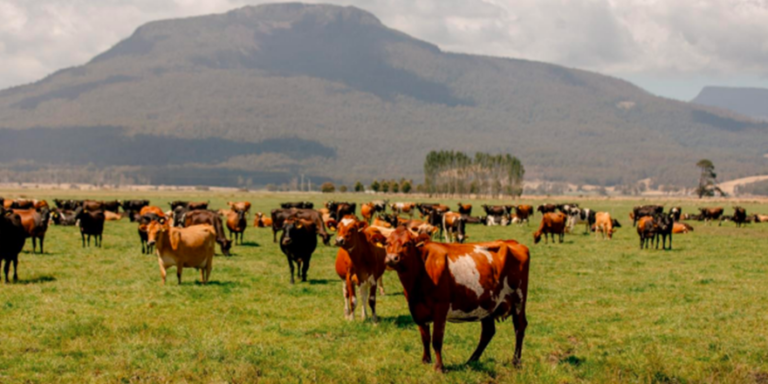
Genetic gain opportunities: a trans-Tasman comparison.
My findings suggest there needs to be better education and more information from industry bodies around the financial benefits of herd testing, more so the implications of not herd testing. Tight margins and cost cutting at the farm level are partly to blame, but the immediate monetary savings of not testing are well outweighed by the production losses bought about by losing genetic gain and efficiency.
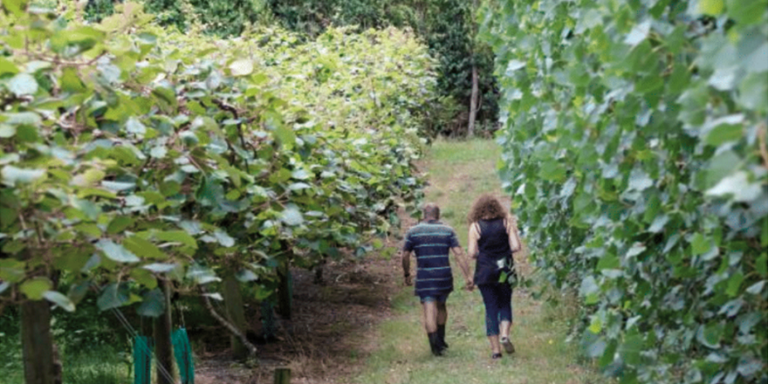
Grower’s role in promoting the value of New Zealand Kiwifruit: Mechanisms which encourage the use of good practice to create a positive identity for social license to operate.
Executive Summary New Zealand’s kiwifruit industry which sells a high-value product may have the opportunity to utilise improved social capital to strengthen its leading position. This report analyses the kiwifruit industry’s position in gaining social licence to operate and argues for communication mechanisms which will create socioemotional value and thus social capital amongst stakeholders to
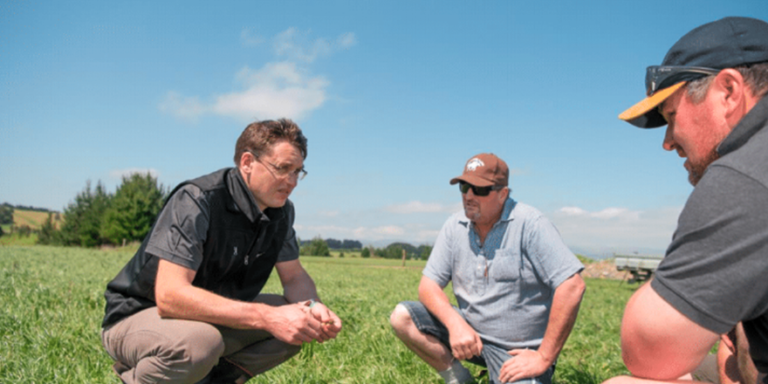
How can rural professionals be more effective in this time of transformational change.
Executive Summary Farmers are faced with many challenges. The external pressures of public perception, regulation and compliance have become stronger in recent years, and concerningly are likely to get more so. A farm is not just a business, it is a way of life for many people and supports many families. Rural professionals help farmers
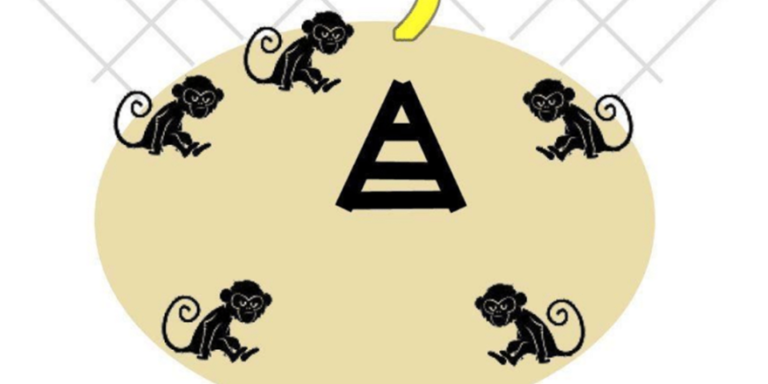
Improving our on-farm Health and Safety Culture in Rural New Zealand.
Executive Summary New Zealand as a country has a proud farming history with our farming culture having been built on a can do, ‘she’ll be right’ mindset. However, this same culture is killing our people. On a per capita basis New Zealand has some of the highest statistics in workplace fatalities with agriculture being the

Integrating pasture raised egg production into an existing farming business: A business plan.
Executive Summary With increased protein demand from the agriculture sector, ever increasing compliance costs and high land prices, adding more operational layers and diversity to an existing system is an option to some businesses. This business plan focuses on integrating pasture raised egg production into an organic dairy farm but has relevance to any farming
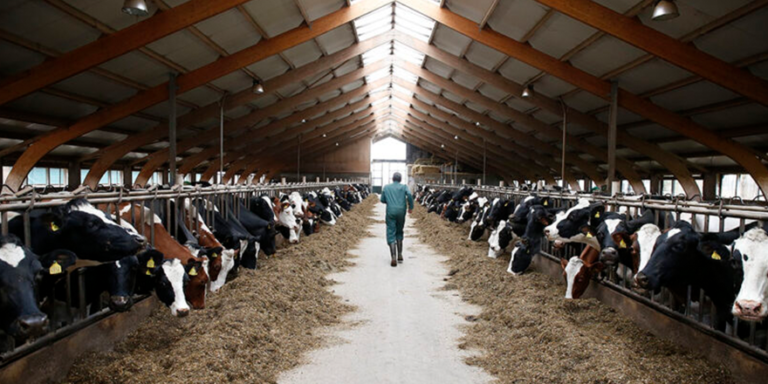
Key factors in developing a culture of high performance within a senior management team in large scale dairy organisations.
This report looks at the critical success factors required to develop a high-performing team culture; a deliberate process requiring a focus on continuous improvement based on building strong team values.

Old dogs, new tricks: An exploration of age and its influence on health and safety in New Zealand’s primary sector.
Executive Summary Being a great food producing nation comes at the price of almost 20 lives per year in New Zealand. Agriculture records the highest number of deaths of all industries and improving these statistics has proved a challenge for successive regulatory bodies, industry groups and farmers themselves. Almost a quarter of these deaths are

Preventative measures to combat food fraud and actively protect our New Zealand brand
Executive Summary This research report is a literature review of the current climate and future sociopolitical environment prevalent in New Zealand’s food sector today. Specifically the possibility of food fraud on international and domestic produce is highlighted. The current actions that producers and companies are employing to prevent such adulterations or fraudulent activities along their

Putting the food back into food: What will it take for our primary industry to produce nutrient-dense food?
The aim for this commentary is to create a discussion piece for our industry leaders and to help the primary sector develop a potential common goal or value proposition. I want to challenge our thinking about how we tackle the changes that are facing our industry.

The Circular Economy of Glass Packaging for the New Zealand Wine Industry and the Impact of a possible Container Deposit Scheme.
Executive Summary. Glass recycling is the perfect example of the circular economy in action, right here in New Zealand. It is becoming increasingly obvious, that to retain New Zealand’s prized clean green image and for our primary sector to remain competitive, a circular economy is an important part of our strategy. The success of a
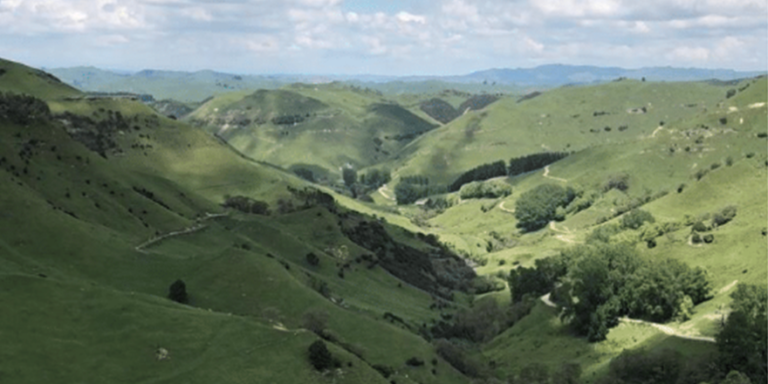
Understanding what drives youth perspective to make radical change in agriculture.
Executive Summary The agriculture sector is one that is talked about and analysed from every angle by people all around the world every single day. Successful agriculture is essential to survival as people have to eat. As the world population is constantly increasing, so is the need to produce more food/fibre. Yet every day the

Using ‘Meat for Kids’ as a vehicle to enhancing children’s knowledge about agriculture.
Executive Summary Currently one fifth of New Zealand households don’t have enough food for active and growing children to support physical and mental development. Disadvantages such as these aren’t isolated to other parts of the world, this is happening on our door step. It’s common knowledge that children need to have their nutritional needs met
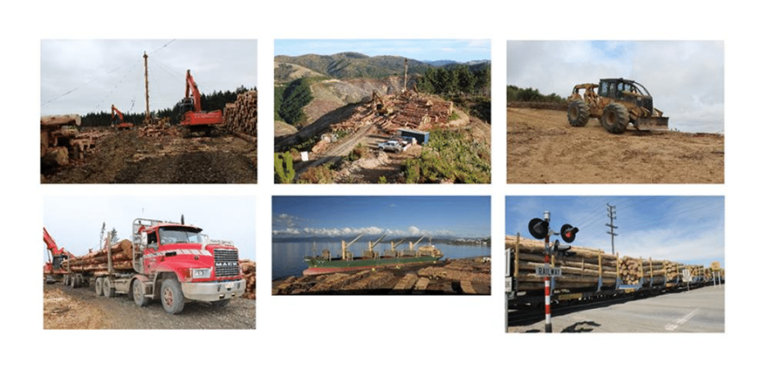
Woodflows of the eastern southern North Island: 2019-2028
Executive Summary The catch phrase “Wall of Wood” is approaching reality with the substantial increase of afforestation in the mid-1990s coming to maturity and ready for harvest in the coming years. The Eastern Southern North Island (ESNI) was no exception in this new afforestation with the reported area of plantation forestry more than tripling from
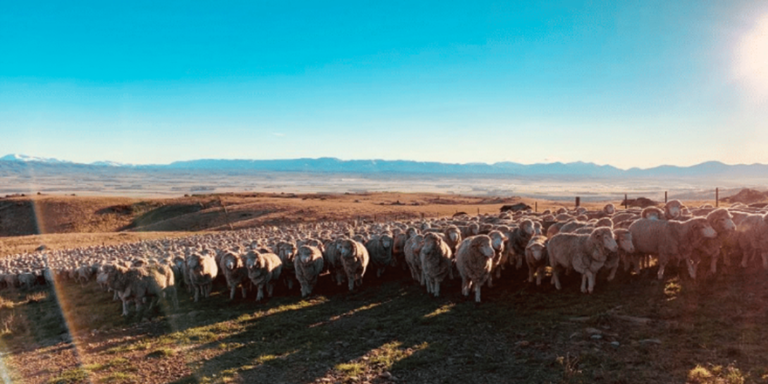
Wool Image: Being Heard in the “Post-Truth” Era.
Executive Summary This research is in the form of a literature review which is precised here. The post-truth era is defined and accepted as a genuine, although not as a new phenomenon. Writers are discussed who blame post modernism for the post-truth Era. In this work the author elucidates the reasons why post modernism and


























